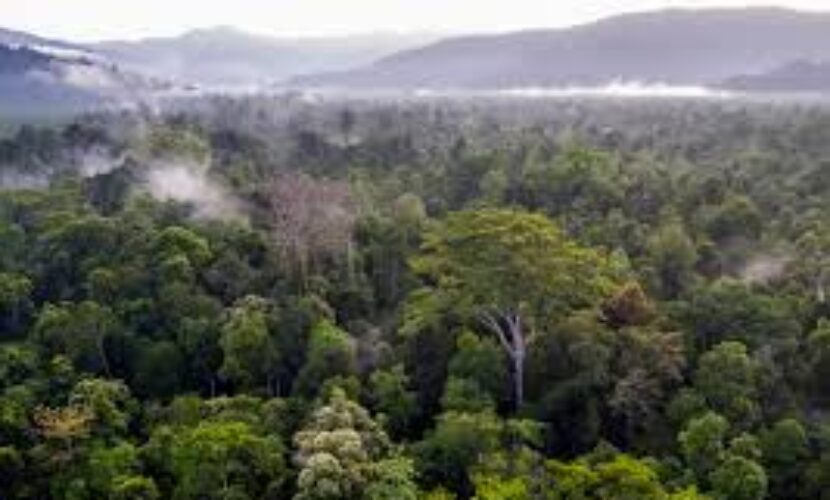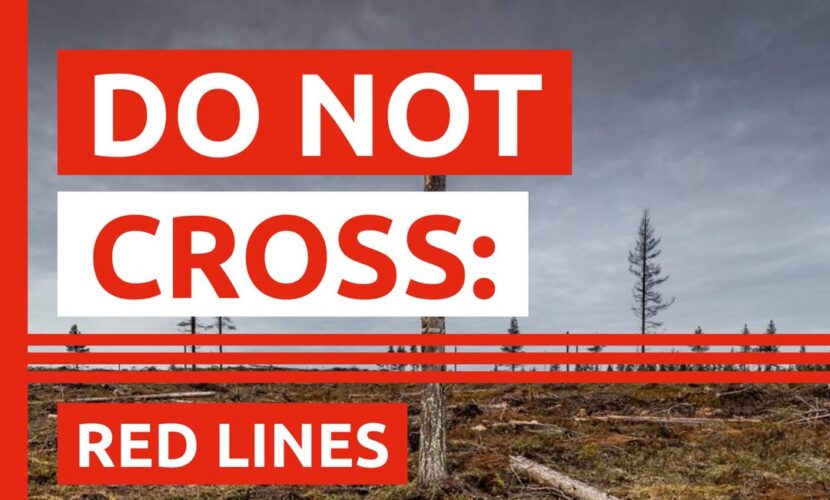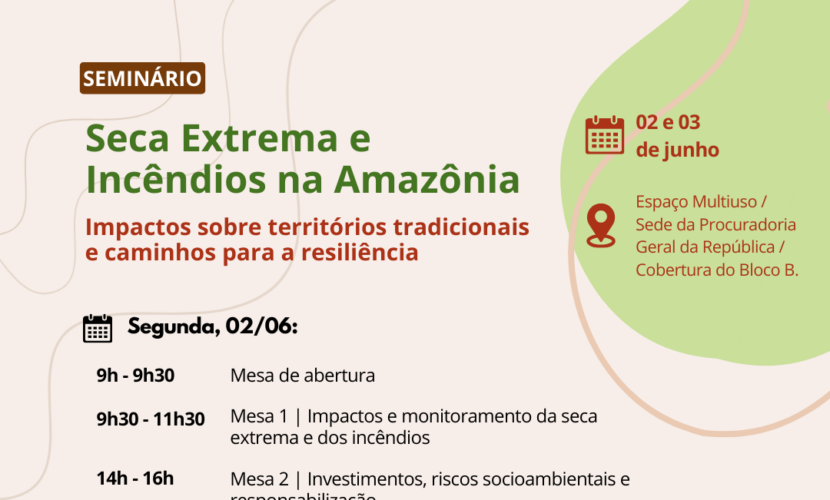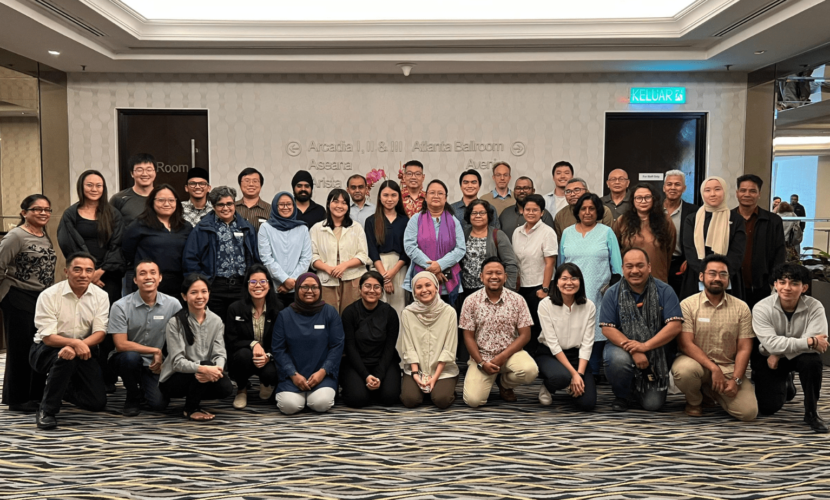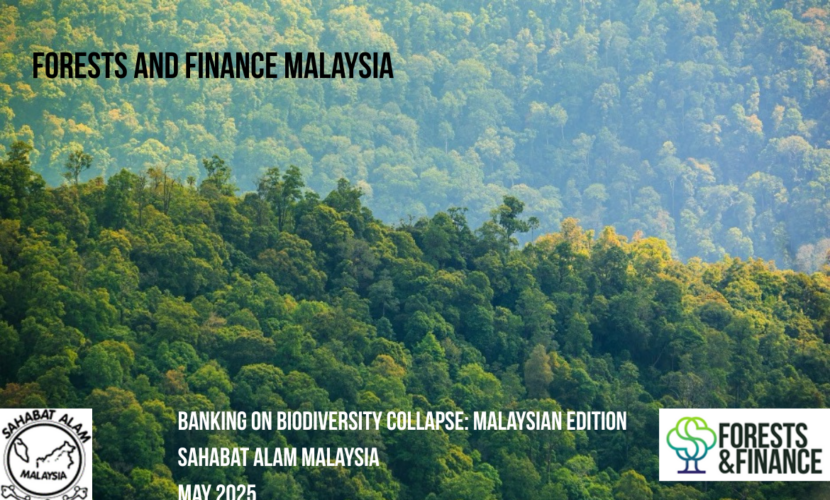News
Parakanã people demand BNDES to reforest devastated territory in Pará
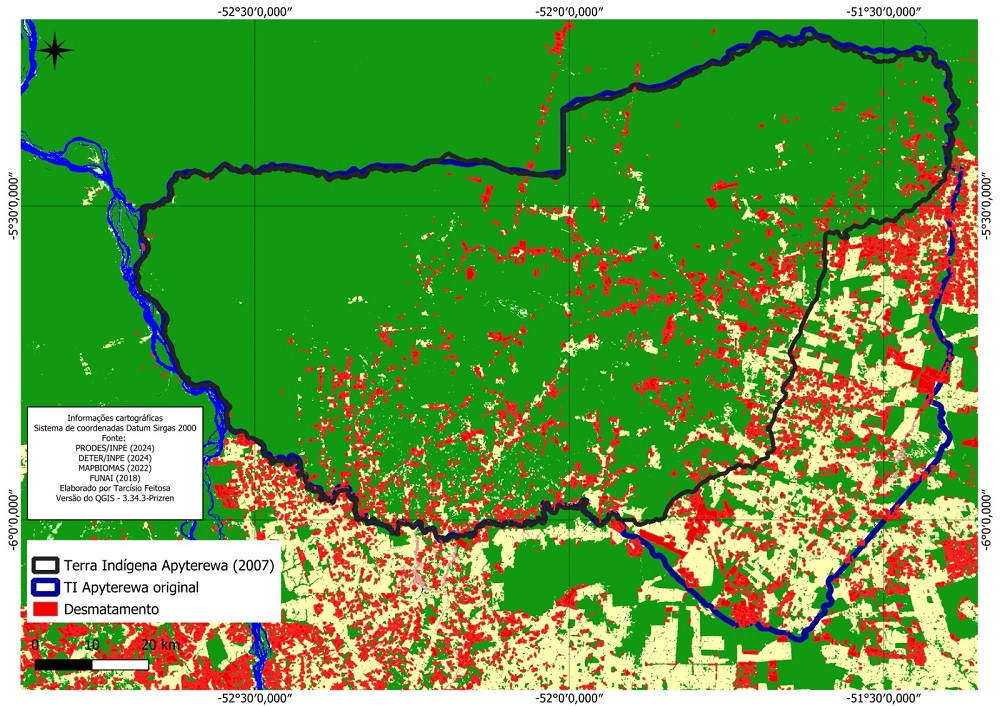
Blog originally published by Repórter Brasil
Around 2,000 invaders have been removed from the Apyterewa Indigenous Land in southern Pará. They were operating illegally, mainly through cattle ranching. BNDES is charged for being a shareholder in JBS, which received illegally raised animals in the area.
Around 60,000 cattle and 2,000 people were removed from the Apyterewa Indigenous Land between October and February, during a disintrusion operation carried out by the federal government in southern Pará.
AFTER THE REMOVAL of thousands of cattle and invaders from the Apyterewa Indigenous Land in the south of Brazil’s state of Pará, leaders of the Parakanã people have been mobilizing to make the BNDES (National Bank for Economic and Social Development) responsible for the deforestation caused by illegal cattle ranching in the area and to bear the costs of forest recovery.
The state-owned bank is being charged for being the second largest shareholder in the meatpacker JBS, with a 20.81% stake. Controlled by the holding company of brothers Joesley and Wesley Batista, the company received animals from illegal pastures opened in Apyterewa.
Investigations by Repórter Brasil have shown strategies used by cattle ranchers to circumvent the policies of meatpackers that restrict the purchase of animals from forbidden places, such as indigenous lands and environmental reserves.
Apyterewa had invaders even before it was officially recognized in 2007. However, encroachment has increased in recent years. With an area of 773,000 hectares, equivalent to five municipalities in São Paulo, the territory had around 100,000 hectares destroyed by invaders, or 13% of the total, according to the Federal Public Prosecutor’s Office (MPF).
The devastation was only contained after the federal government complied with the Supreme Federal Court order and carried out a disintrusion operation (removal of the invaders), which began in October 2023 and ended in February this year. A map produced by the organization Forests & Finance, in partnership with the Tato’a Indigenous Association, shows the extent of the damage caused by the invaders – mainly cattle ranchers, but also loggers and miners (see below).

The challenge now is to reforest the lost area, explains Wenatoa Parakanã. She chairs Tato’a and is joining a delegation with other representatives of her people who will travel to Rio de Janeiro to ask the BNDES for funds to recover the forest.
“The BNDES has given money to farmers to get stronger and cut down the forest,” says Wenatoa Parakanã. At 32, she is the first woman to lead the Parakanã people. “We’re excited and we want to reoccupy the territory so that the ranchers don’t come back. We need to reforest and recover everything we’ve lost,” she says.
In a statement, the BNDES said that it is a minority shareholder, through BNDESPAR, and cannot comment on the operations of the companies in its portfolio. The bank said, however, that it recognizes the relevance of the case and will inform its representatives on the JBS board of directors so that they can induce the company to “dedicate efforts to sustainability and the best environmental practices in its production chain, including in relation to the tracking of cattle purchased”. Read the full statement.
More villages
The plan is to increase the number of villages from the current 22 to 29, according to Wenatoa. The Parakanã also want to develop a surveillance system for the territory to prevent invaders from returning. “We’re not going to let any more cattle in,” she says.
Next Thursday (18), the Parakanã will have a meeting with the ombudsman of the public development bank. In addition to the indigenous people, the meeting will be attended by representatives of the Federal Public Prosecutor’s Office and the international coalition Forests & Finance, which analyzes investments by financial institutions in commodities with a risk of deforestation. Repórter Brasil is one of the coalition’s members.
As well as seeking resources for reforestation, the group wants to alert the BNDES to the risks of investments in JBS, which are liable to cause environmental damage. “We want concrete commitments,” says Tarcísio Feitosa, Brazil coordinator for Florestas & Finanças.
In October last year, when the disintrusion operation began, representatives of the Parakanã filed a formal complaint against JBS with the Securities and Exchange Commission (SEC), the body that regulates the functioning of the capital market in the United States and the actions of its players.
The document signed by the indigenous people, accuses JBS of presenting misleading information in its application to become accredited to float shares on the New York Stock Exchange (Nyse).
JBS said that the farms within the Apyterewa Indigenous Land that were identified as suppliers to the company were blocked in 2022. According to the company, traceability of cattle is a challenge for the entire sector and JBS has been working on the issue for 15 years, as well as advocating the implementation of a national program to deal with the issue.
The company also mentioned that it is taking part in a traceability pilot project in Pará and that it has developed the transparent livestock platform to monitor its suppliers. For the company, the listing of shares in the US will accelerate efforts to improve corporate governance and transparency. Read the full response.
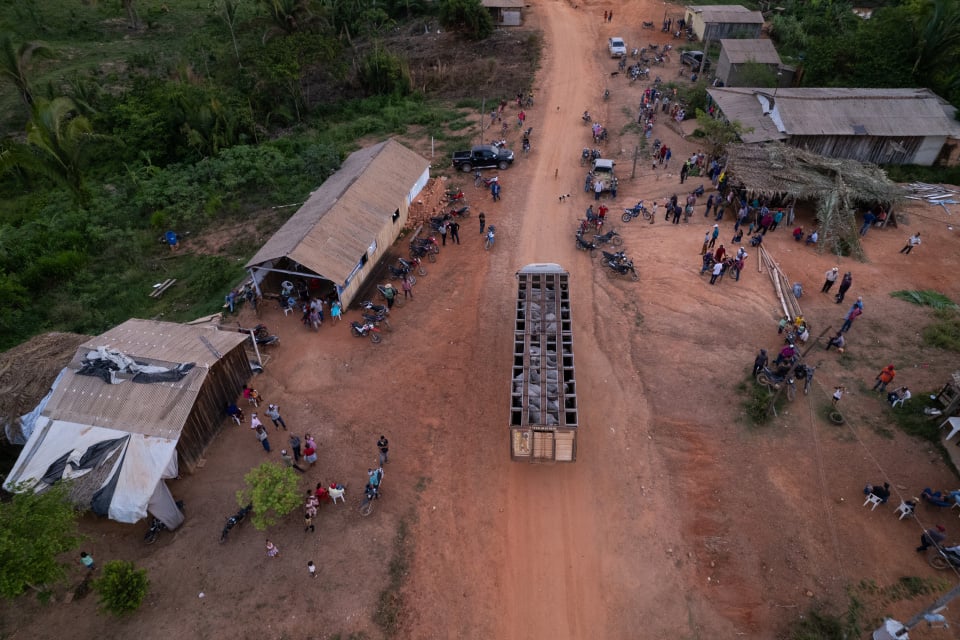
A invasão de bois
The cattle invasion
Investigations by Repórter Brasil have revealed that some of the cattle from the indigenous land was sold to large meatpackers using a triangulation known as “cattle laundering”, when producers cover up the illegal origin of their herd by registering the animals’ passage through a farm that has no socio-environmental impediments to selling to the meatpacker. A MapBiomas survey showed that approximately 98% of the forest destroyed in the Apyterewa Indigenous Land has been replaced by pasture for cattle farming.
In October 2023, a Repórter Brasil team accompanied the start of the operation to clear the indigenous land. A decision by the Federal Supreme Court forced the federal government to prepare a war operation to expel the invaders. The operation was coordinated by the General Secretariat of the Presidency and included the participation of the National Force, the Federal Police, the Federal Highway Police, as well as agents from Abin, the ANP, Ibama, Incra, the Federal Attorney General’s Office, the Ministry of Indigenous Peoples (MPI), Censipam, Funai and the ministries of Labor and Employment, Justice and the Civil House.
Approved in 2007, Apyterewa was the most deforested Indigenous Land in Brazil during the government of former president Jair Bolsonaro (PL party), between 2019 and 2022. During the deforestation operation, Bolsonaro politicians and allies of Governor Helder Barbalho (MDB party), a supporter of President Lula (PT party), pressured for the operation to be aborted.
The most tense moment was when the National Force killed one of the invaders with a rifle shot. The episode almost led to the end of the operation, sparking a dispute between Flávio Dino, then Minister of Justice, and the Minister for Indigenous Peoples, Sônia Guajajara, according to a report by Sumaúma.
The tension, however, remained. Audio recordings obtained by Repórter Brasil and attributed to a WhatsApp group called “Máfia da Tora” reveal two men talking about the purchase of weapons that would be used against agents of the National Force and other agencies involved in the de-intrusion. “The desire is to be well located with a 357 [gun], you know, ‘pick’ them off one by one and hit them in the head, one of those Satans”, said one of them.
The operation followed with the removal of around 60,000 head of cattle from the indigenous land and the invaders, who were mainly concentrated in Vila Renascer. The area had around 2,000 residents, who had built their homes there since 2016, next to a FUNAI (the Federal Indigenous Affairs Agency) base of operations. All the homes were destroyed.
In March, a federal government delegation went to the Indigenous Land for a ceremony to celebrate the end of the operation to remove the invaders. On that occasion, Minister Sônia Guajajara signed a letter of commitment to implement an Environmental and Territorial Management Plan (PGTA) which provides for R$1.5 million in funding for actions in the TI.
When asked for details of the plan and whether there are any funds earmarked for the recovery of the area, the Ministry of Indigenous Peoples said that it is taking part in the recovery plan promoted by the Tato’a Association and that R$1.5 million will be raised through international cooperation agreements. According to the ministry, FUNAI maintains protection bases in the territory “to approach and control invaders”. Until the reoccupation is completed, the National Force will continue to provide protection support.
According to the ministry, FUNAI maintains protection bases in the territory “to approach and control invaders”. Until the reoccupation is completed, the National Force will continue to provide protection support.

